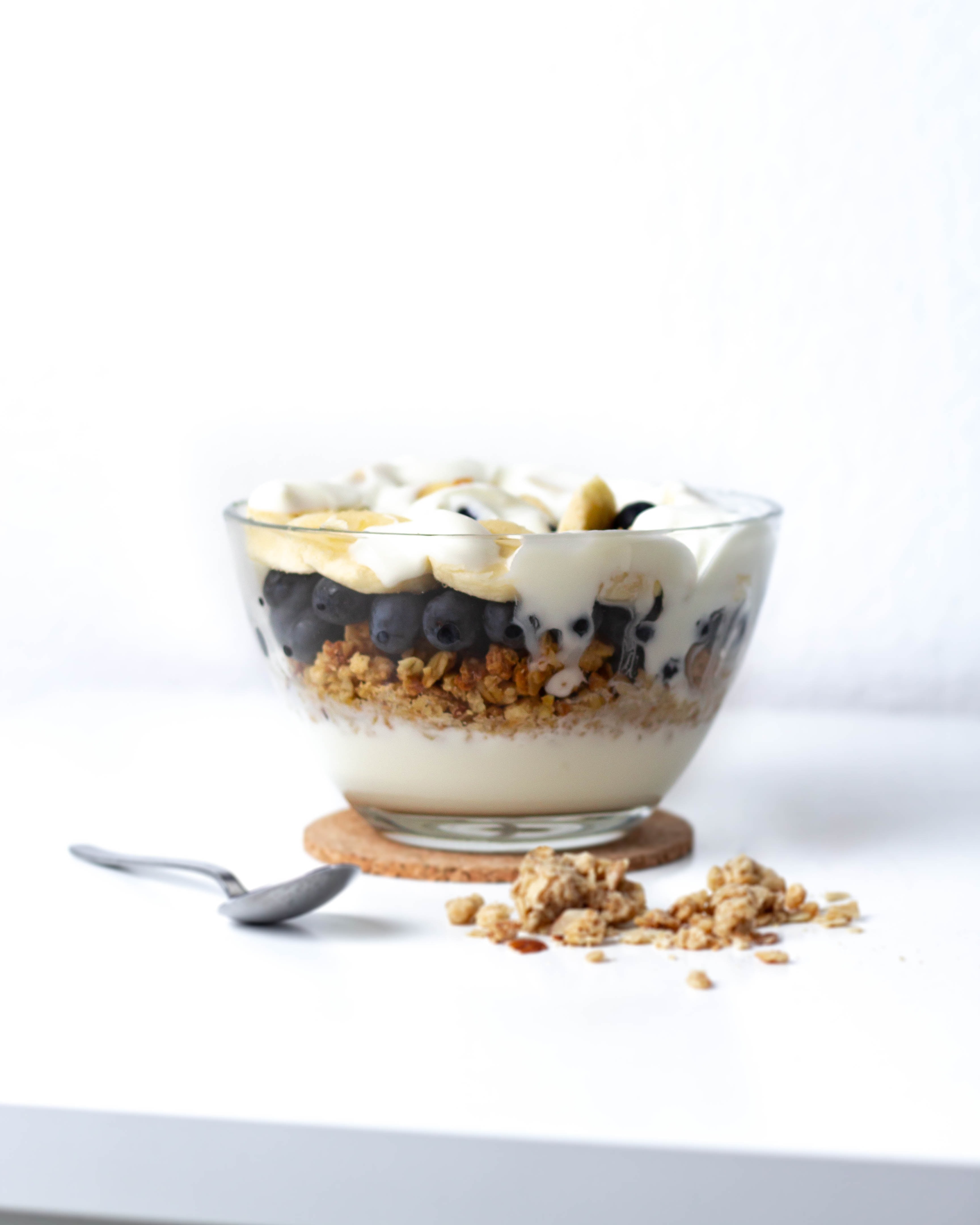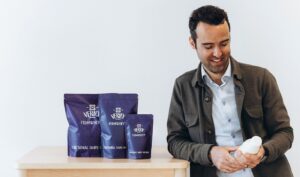Consumers are trying a variety of health trends including cutting their sugar intake. This has led many food manufacturers scrambling for different ingredients to preserve the same flavor, functionality, and quality that consumers demand while drastically reducing the amount of sugar.
For many ingredient manufacturers, the war on sugar presents a sweet opportunity.
There’s not a similar paradigm emerging in the dairy industry where the rise of alternative milk products is continuing with everything from hemp milk to almond milk to oat milk, creating competitive pressure.
Consumers are also becoming savvier when it comes to checking nutrition facts panels to see how much sweetness a product may contain. Things like sauces, condiments, and dressings have been identified as packing way more sugar than one might suspect. Yogurt and dairy products have also been added to that list, with even organic, all-natural, and other iterations commonly perceived as healthy having as much sugar as a snickers bar. A number of new low-sugar yogurt brands have hit the market as a result.
“The dairy industry shares the same concerns about sugar as other food & beverages segments. The sugar content in yogurt typically comes from lactose, added sugar, some fruit preparations or other additives,” a spokesperson for DuPont Nutrition & Biosciences wrote to AFN via email. “The key in any market is always differentiation. Nutritional benefits exist for both dairy-free & non-dairy products, and, ultimately, we want to offer consumers a choice. In fact, DuPont also offers the broadest range of starter & protective cultures for plant-based beverages.”
Recently, DuPont unveiled what it describes as the market’s most flexible enzyme range for fermented dairy products that are low in sugar, high in fiber, and lactose-free. Called Danisco Nurica, the product was designed with a number of dairy trends in mind and can reduce total sugar in a product by up to 35% while generating prebiotic fiber instead through the natural conversion of lactose.
The World Health Organization estimates that world fiber consumption is still well below the recommended daily intake of 25 grams, so DuPoint is aiming to satisfy two dietary goals with one enzyme stone.
“There is a clear increase in demand for lactose-free dairy products, driven by an increasing amount of lactose-intolerant consumers. The use of lactase to address this problem is well-known and established. However, lactases traditionally only convert lactose to sugar monomers called galactose and glucose, and consequently, do not contribute to calorie or sugar reduction,” the spokesperson added.
“We developed our Nurica lactase to convert milk sugars into non-digestible fibers, thereby reducing the sugar content of the product and adding to consumers’ digestive health. This is how Nurica allows lactose-intolerant consumers to have healthier and lower sugar yogurt as part of their daily routine.”
Standard lactase works by breaking down the milk sugar lactose into its component parts: glucose and galactose. DuPont describes the breakthrough functionality of Nurica as lying in the natural transformation of the galactose molecule into GOS – GalactoOligoSaccharides – a prebiotic dietary fiber. In application trials, Danisco lactase has shown no detectable impact on the acidification process, taste, or texture, according to DuPont.
“GOS is the main fiber in infant formula and is known to stimulate beneficial Bifidobacteria in the gut. Research also has documented the contribution of GOS to increased mineral absorption and a sense of satiety. Inactivation of the enzyme via heat treatment ensures the stability of GOS in fermented dairy applications,” said Clementina Dellomonaco, DuPont’s global product manager, dairy enzymes, in a statement announcing the product.
The dairy industry has been undergoing a crisis including rapidly declining farm numbers, and a recent grim comment from USDA Secretary of Ag Sonny Perdue, the dairy industry will likely welcome any tech-driven opportunity to help it compete with changing consumer preferences and the depressed economic conditions it faces.
There are a number of startups working on the sugar problem from different angles. Israeli startup DouxMatok recently raised a $22 million Series B to commercialize its sugar reduction technology, which binds sucrose molecules to the mineral silica causing the molecules to hit the tongue’s taste receptors at a higher concentration. Singapore-based Nutrition Innovation is creating a low-glycemic natural cane sugar product, Stem (disclosure: an AgFunder portfolio company) is extracting natural compounds from plants with chemical structures close to sugar, Miraculex is working with a protein that is 2,000-times sweeter than sugar, and Amai Proteins is creating hyper-sweet thermo-stable zero-calorie proteins out of exotic fruits.





